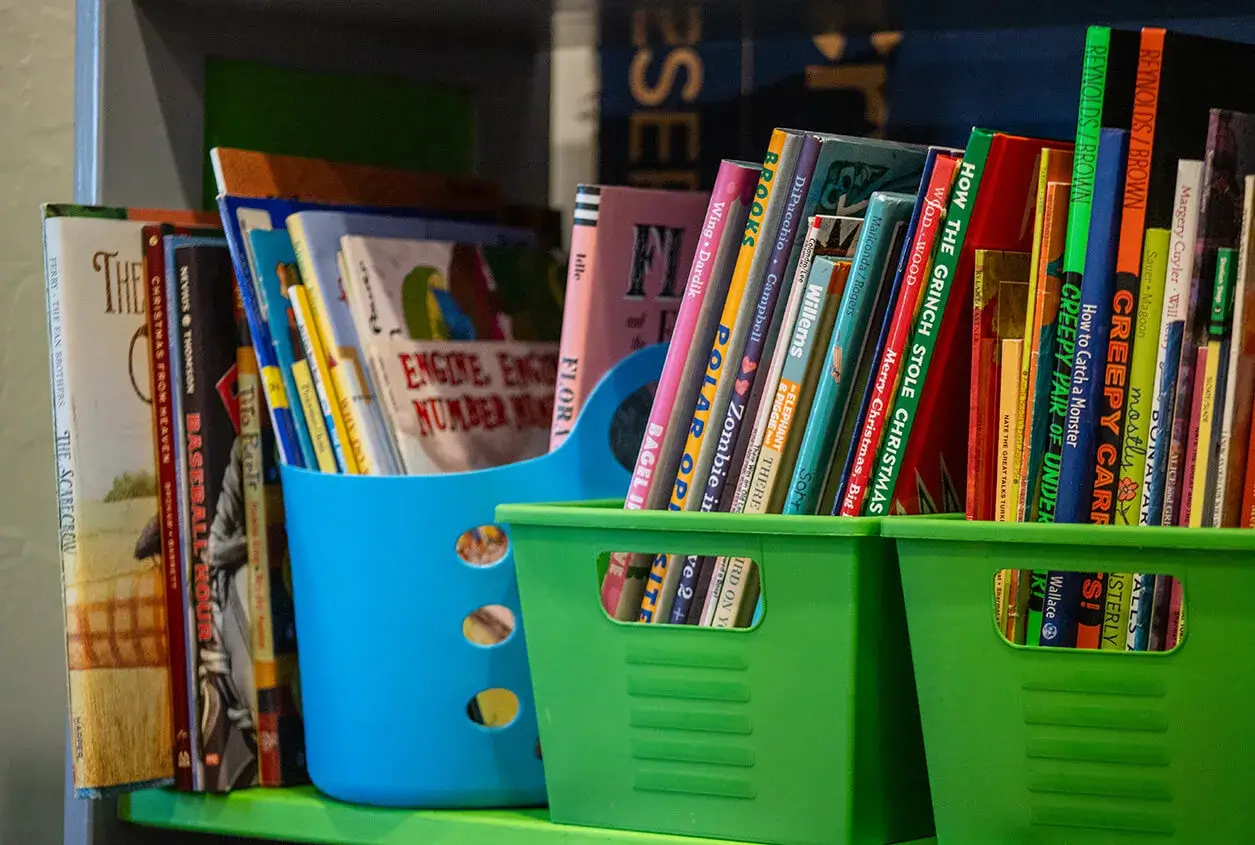Why It’s Important to Diagnose Dyslexia OKC Early

The importance of an early diagnosis.
Is It Too Early to Diagnose Dyslexia OKC?
Many parents wonder if diagnosing dyslexia in kindergarten or first grade is too soon, which may lead to some hesitation when seeking out a diagnosis. However, these early years are actually the optimal time to diagnose dyslexia OKC!
Identifying dyslexia at this early stage allows for timely intervention, so educators and families can implement tailored strategies that build foundational skills before gaps widen. An early diagnosis also helps children avoid frustration and academic struggles at school, fostering a positive attitude toward learning and confidence in their abilities.
Is It Ever Too Late for a Dyslexia Assessment?
The sooner that a professional can provide a diagnosis, the sooner your child can receive the right support to succeed in school. However, it is important to know that it is never too late to seek out help!
Even older students can benefit greatly from interventions and accommodations tailored to their needs. If your child has a professional diagnosis and meets the right eligibility criteria, educational support (such as an IEP or 504 plan) can begin at any age.
At Educational Inspiration, we provide dyslexia assessments for children and adolescents aged 5 to 17 years old, ensuring every child can access the resources they need to reach their full potential. If you would like to learn how we tailor our testing strategies to suit children in different age groups, please contact us.


What About Diagnosing Language Disorders?
As with dyslexia, it is never too early (or too late) to diagnose a developmental language disorder (DLD). Children with DLD experience difficulties with using or reading language, often struggling to express their thoughts clearly or understand what is said to them. Identifying DLD can help ensure your child receives the right support to develop their language abilities before these challenges impact their academic success.
An earlier diagnosis allows families and educators to implement targeted strategies at a younger age, giving children the best chance to thrive in school and build confidence in their communication skills. It is important to note that, even when diagnosed later, children with DLD can still make significant progress with the right interventions.
How Parents Can Help Facilitate an Early Diagnosis
If you think your child could have dyslexia or DLD, taking action early is key. Start by observing the way your child interacts with written or spoken language. Do they have difficulty recognizing letters, decoding words, or following spoken instructions? Are they frustrated when reading or struggling to express themselves clearly? Trust your instincts – if anything seems concerning, it is worth exploring further.



The next step is to schedule a comprehensive evaluation with Educational Inspiration. Our speech-language pathologist and reading specialist will provide in-depth assessments that examine your child’s language and literacy skills using standardized testing, observations, and family insights. Your personal observations about your child’s developmental history, daily challenges, and successes are invaluable in helping us create a full picture of how they interact with written and spoken language.
With our thorough, personalized evaluation, we can help pinpoint the root causes of your child’s difficulties and provide an accurate diagnosis. This detailed understanding allows us to equip you with the information and recommendations needed to help your child move forward with confidence.
Let’s discover what’s possible, together!
Book a Comprehensive DLD or Dyslexia Assessment
At Educational Inspiration, our goal is not only to accurately diagnose dyslexia OKC and DLD, but to provide families with clear answers and a path forward to help their child succeed in school and in life. To do this, we use a thorough, tailored evaluation approach, considering insights from your family, clinical assessments, thoughtful analysis, and standardized tests to reach our conclusions.
To learn more about our process or to schedule an assessment with our experienced SLP, please reach out to us. We are ready to help you and your child!
FAQs
How early should dyslexia be diagnosed?
Dyslexia can often be identified as early as kindergarten or first grade, especially when children begin learning foundational reading skills. Early diagnosis allows families and educators to provide support before reading challenges begin to affect confidence and academic progress.
What is the best age to test a child for dyslexia?
There is no single “perfect” age, but many children benefit from testing between ages 5 and 7. At this stage, assessments can reliably identify reading and language patterns that may indicate dyslexia.
How quickly can I get a dyslexia diagnosis?
The timeline for diagnosis depends on scheduling and the evaluation process. Once testing is completed, results are typically reviewed and shared with families so they can understand the findings and plan next steps as soon as possible.
Is it ever too late to diagnose dyslexia?
No, it is never too late to diagnose dyslexia. Older children and adolescents can still benefit greatly from testing, accommodations, and targeted support that help them succeed academically.
Can someone be diagnosed with dyslexia later in life?
Yes, dyslexia can be identified later in life if it was not diagnosed earlier. While early diagnosis is helpful, a later diagnosis can still provide clarity, validation, and access to appropriate support and strategies.
